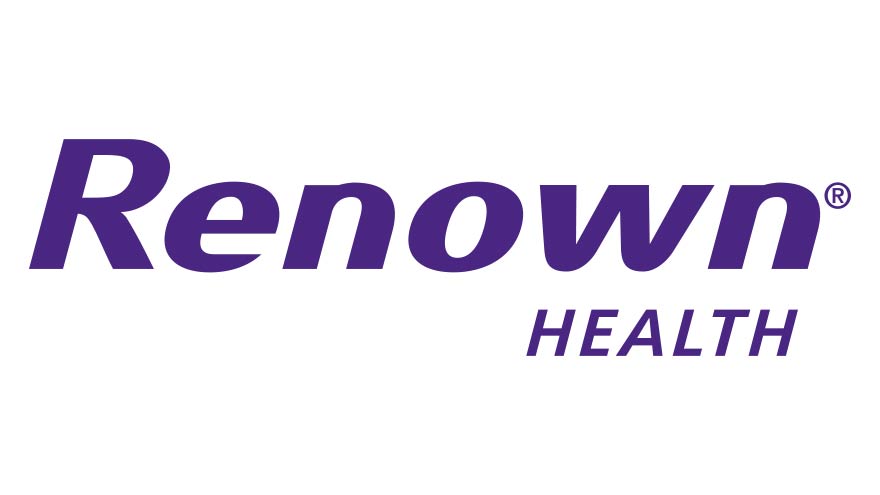
22 Sep 2023
You know how things have been kinda crazy lately, with the whole pandemic, supply chain issues, and other stuff? Well, businesses have been feeling the heat, and they're not sure what's coming next. Some experts say things will get better, while others say it might get worse.
But one thing's for sure: Business leaders have to figure out how to keep their companies strong in this tricky time. Being able to adapt is super important. Companies that can change with the times do better than those that can't. That's why a lot of companies are shaking things up and reorganizing.
So, why do companies do this reorganizing stuff?
Companies shake things up for all sorts of reasons. Sometimes, they're getting ready to join forces with another company or maybe split from one. Other times, they're growing fast or trying to handle a tough situation, like a recession. And when a company's not doing so well financially, they might need to make some big changes.
For example, imagine a company's in big trouble and has to go through some legal processes, like when they're facing bankruptcy. Sometimes, the law says they have to change the way they do things to follow the rules better. But here's the thing: What counts as a "shake-up" or "change" can be different for each company. But no matter what, the main goal is the same: make the company better, more creative, and make more money.
Okay, but how does a company actually do this reorganizing thing?
Well, first, they've got to figure out what parts of the company need to change. It's like looking at the company's strengths, weaknesses, opportunities, and threats. Then they make a plan to fix the weak spots and deal with the threats by changing things around. And when they start making these changes, it's super important to let everyone know why they're doing it and what's going to happen. Being clear and honest with everyone is a big deal during this whole process.
Let's talk about different situations where companies change the way they work, and we'll explain how RPO can be really helpful:
Mergers and Acquisitions (M&A)
Sometimes, big companies decide to join forces or buy each other. When this happens, employees can get worried about their jobs and how everything will change. In fact, a lot of people are already looking for new jobs in 2023.
This is a problem because many employees might decide to leave after a merger. They leave because they're scared of what's going to happen, they don't like change, or they're worried about losing control.
RPO partners can help by making sure the company looks good to its employees. If the company doesn't seem like a great place to work anymore, the RPO team can come up with a plan to make it better. Losing trust in the people in charge is another reason why workers might leave after a merger. And if some people lose their jobs, it can make others feel bad and want to leave too. Rival companies know this and try to steal talented employees during these confusing times.
Corporate Spin-off:
Sometimes, a big company decides to split itself into smaller pieces. This can be because they want to make more money, focus on certain parts of the business, or make things simpler. In 2022, this kind of split happened a lot, and it's still happening in 2023.
When this happens, it can mess up the way the company hires new people. Imagine if the team that's good at finding new employees stays with the big company, but the new smaller company needs to find its own workers.
This can be tough. RPO providers can help with this by making sure the new company has the right tools to find and keep good employees. Plus, when you outsource this work, your HR team can focus on other important things. Also, RPO can make the new company look good to job seekers.
So, whether it's a merger where two big companies become one, or a spin-off where a big company becomes smaller ones, RPO can be a helpful friend to make sure things go smoothly and everyone's happy.
Conclusion
As highlighted in our discussion on TriOptus.com, RPO (Recruitment Process Outsourcing) proves to be a vital partner for businesses in times of transformation and uncertainty. Whether it's managing mergers and acquisitions or facilitating corporate spin-offs, RPO services ensure that companies navigate these changes smoothly, retain their talent pool, and remain appealing to potential hires. TriOptus recognizes the crucial role RPO plays in enabling businesses to adapt, evolve, and ultimately thrive in today's dynamic business landscape.











Comments (0)